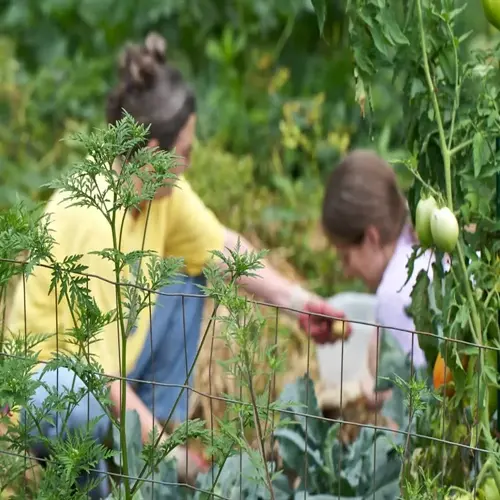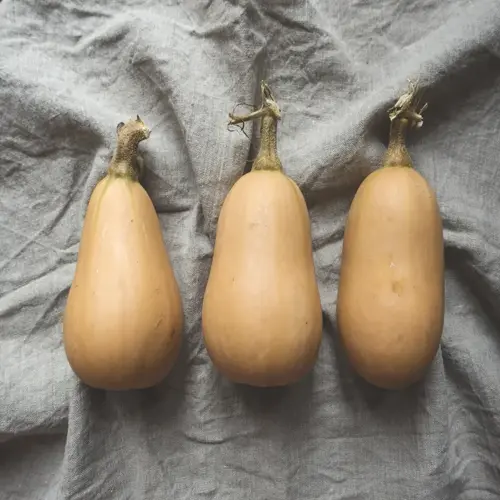What sunlight conditions do radishes require?

Written by
Nguyen Minh
Reviewed by
Prof. Martin Thorne, Ph.D.Sunlight Needs for Radishes require a balance of growth and flavor. They need a minimum of 4 hours of direct sunlight, but most benefit from afternoon shade in warmer areas. If radishes receive too much light during extreme heat, they bolt prematurely and the roots are ruined. I use 30% shade cloth to protect my crops during the summer from bolting and bitterness.
Ideal Light Conditions
- 4-6 hours morning sun for balanced growth
- Filtered afternoon light above 75°F (24°C)
- Avoid midday intensity between 11 AM-2 PM
- Use sunlight meters to measure intensity accurately
Heat Stress Solutions
- Install 30-40% shade cloth during heatwaves
- Water deeply before peak sunlight hours
- Apply straw mulch to cool root zones
- Plant near taller crops for natural afternoon shade
Low-Light Adaptation
- Choose varieties like 'Sora' for shaded gardens
- Supplement with grow lights if under 4 hours sun
- Rotate containers to maximize available light
- Prune overhead foliage blocking sunlight
Monitor sunlight exposure using basic materials. I keep track of sunlight hours with sun calculators. Watch for changes in leaf color on your plants. Pale green indicates receiving too much overall sunlight, while dark green suggests that not enough overall sunlight is being provided. I use sun mapping apps to assist in the optimal placement of seasonal garden beds.
Seasonal adjustments help manage bolting. Crops for spring can tolerate full sun at temperatures under 70°F (21°C). Summer crops require protection from intense afternoon sun. Fall crops can get longer sun as it starts to cool down in temperature. I adjust my planting locations accordingly to the sun path for the season.
Early on, identify sunlight stress and be alerted. Leaves curl with heat damage. Premature flower stalks indicate overexposure to sunlight. Slow growth indicates poor sunlight. I usually check my plants during midday, when symptoms exhibit themselves the most.
Maximize limited sunlight in urban gardens. Use reflective white mulch to bounce light back. Paint walls white near planting beds. Move plants to find sun and use container gardening for portable options. My balcony garden yields good radishes by redirecting light from the south-facing building.
Read the full article: 3 Signs to Know When to Harvest Radishes

